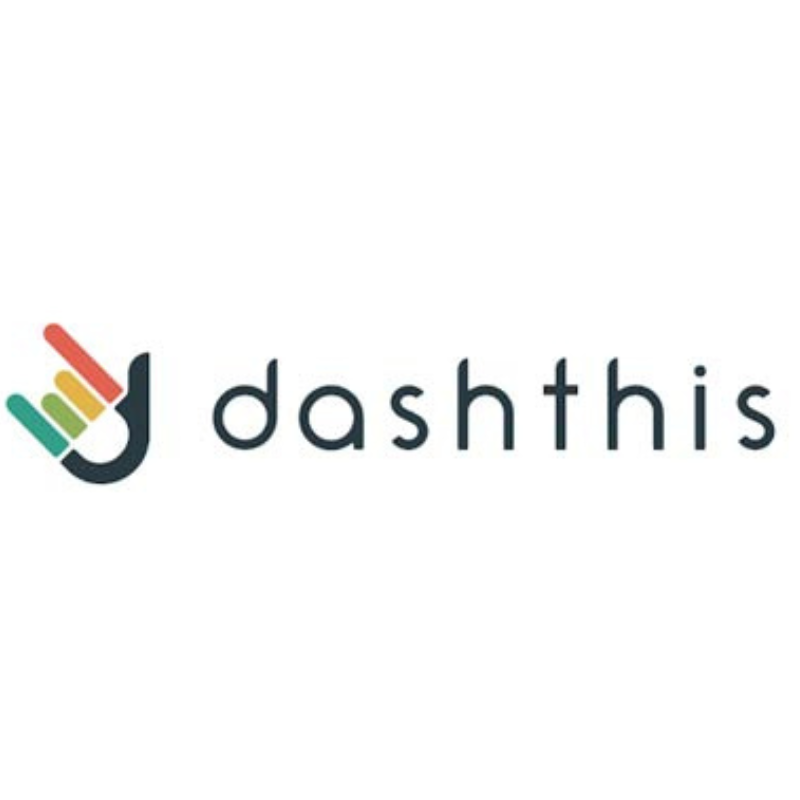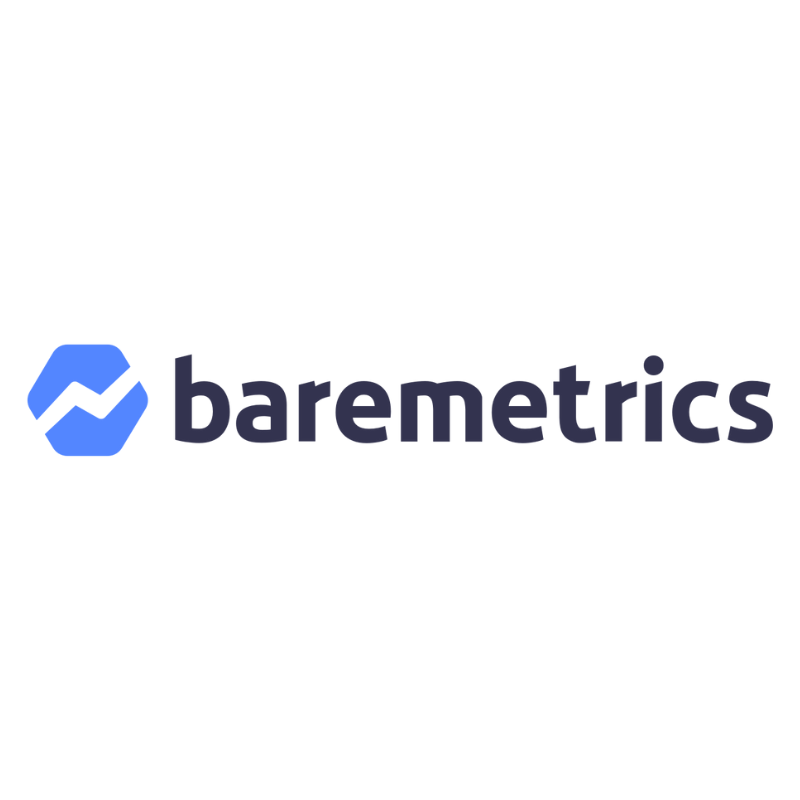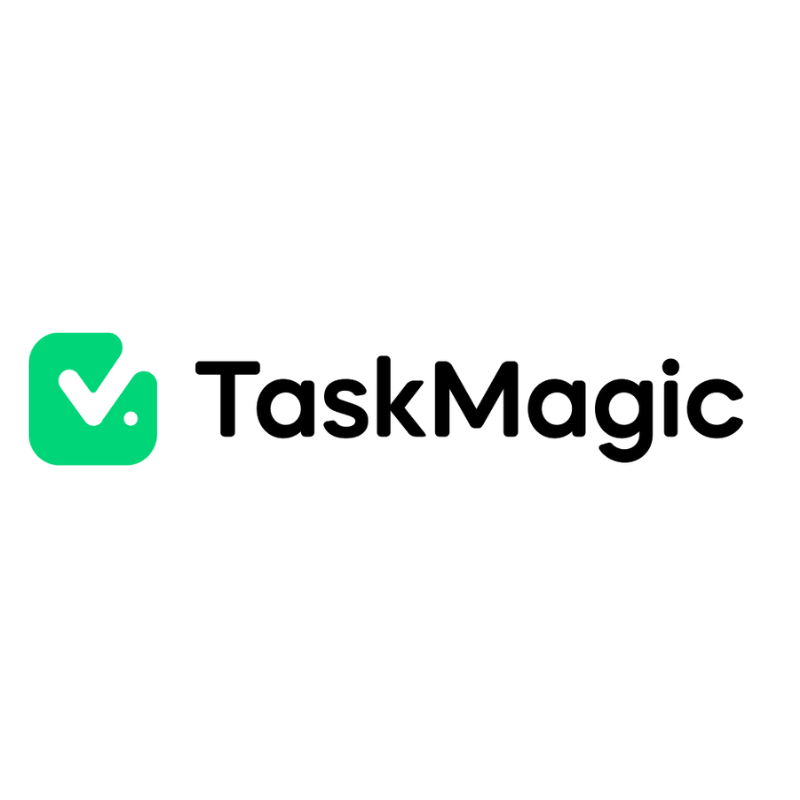FAQ'sFrequently Asked Questions about JupyterLab
Who are JupyterLab?
JupyterLab is an open-source web-based interactive development environment (IDE) for creating and sharing documents that contain live code, equations, visualisations, and narrative text. It is developed by the Jupyter Project, which aims to provide a robust platform for interactive computing across multiple programming languages.
What are JupyterLabs products?
JupyterLab primarily offers a flexible interface for working with Jupyter notebooks, code, and data. Its key product is the JupyterLab IDE, which allows users to work with different file types and data formats in a modular environment.
What services do JupyterLab offer?
JupyterLab provides various services, including interactive computing environments for data science, machine learning, and scientific research. It allows users to create, share, and collaborate on notebooks and code, making it a valuable tool for educational and research purposes.
What type of companies do JupyterLabs products suit?
JupyterLabs products are suitable for a wide range of organisations, including educational institutions, research laboratories, data science teams, financial institutions, and any businesses involved in data analysis or scientific computing.
How much does JupyterLabs product cost?
JupyterLab is free to use as it is an open-source software project. There are no licensing fees associated with downloading or using JupyterLab.
Does JupyterLab offer a free trial?
As JupyterLab is open-source and free to use, there is no need for a free trial. Users can download and start using the software immediately without any cost.
What discounts does JupyterLab offer on their products?
Since JupyterLab is free and open-source, there are no discounts offered. Users can access all features without any payment.
Are there any hidden fees or additional costs with JupyterLab?
There are no hidden fees or additional costs associated with using JupyterLab. It is completely free to download and use.
Who uses JupyterLabs products?
JupyterLab is used by a diverse range of users, including data scientists, researchers, educators, and students. It is popular in fields such as data analysis, artificial intelligence, machine learning, and scientific research.
What are the main features of JupyterLabs products/services?
Main features of JupyterLab include:
- Support for multiple programming languages (Python, R, Julia, etc.)
- Modular interface for working with notebooks, code, and data
- Interactive visualisations and rich media integration
- Collaboration capabilities for sharing work
- Support for extensions and customisation
How does JupyterLab compare to its competitors?
JupyterLab is often compared to other data science platforms like RStudio and Google Colab. It offers a more flexible, modular interface and is particularly valued for its open-source nature, allowing for extensive customisation and community-driven enhancements.
Is JupyterLabs platform easy to use?
JupyterLab is designed to be user-friendly, particularly for those familiar with coding and data analysis. Its interface is intuitive, which helps new users to navigate and start working efficiently.
How easy is it to set up JupyterLabs product or service?
Setting up JupyterLab is straightforward. Users can install it using package managers like Anaconda or pip, or access it via cloud services. Detailed installation instructions are available on the JupyterLab website.
Is JupyterLab reliable?
JupyterLab is considered a reliable platform, backed by a strong community of developers and users. Regular updates and active maintenance contribute to its stability and performance.
Does JupyterLab offer customer support?
As an open-source project, JupyterLab does not offer traditional customer support. However, users can access community forums, documentation, and resources for assistance.
How secure is JupyterLabÕs platform?
JupyterLabs security depends on how it is deployed. When run locally, it is as secure as the users own environment. When deployed on a server, users should implement standard security measures, including encryption and user authentication.
Does JupyterLab integrate with other tools or platforms?
Yes, JupyterLab integrates with various tools and platforms, including cloud services, data visualisation libraries, and version control systems, enhancing its functionality and usability.
Can I use JupyterLab on mobile devices?
While JupyterLab is primarily designed for desktop use, it can be accessed through a web browser on mobile devices. However, the user experience may not be optimal compared to desktop usage.
What do users say about JupyterLab?
Users generally praise JupyterLab for its flexibility, rich features, and user-friendly interface. Feedback often highlights its robust support for data science and research workflows.
What are the pros and cons of JupyterLab?
Pros:
- Free and open-source
- Highly customisable and flexible
- Strong community support
Cons:
- May have a learning curve for beginners
- Limited formal customer support
How can I purchase JupyterLabÕs services?
JupyterLab is free to download and use, so there is no purchasing process. Users can access it directly from the official website.
What is the cancellation or refund policy for JupyterLab?
As JupyterLab is free and open-source, there are no cancellation or refund policies applicable.
What are the common use cases for JupyterLab?
Common use cases for JupyterLab include:
- Data analysis and visualisation
- Machine learning model development
- Educational purposes, such as teaching programming and data science
- Collaborative research projects
Why choose JupyterLab over other options?
JupyterLab is often chosen for its open-source nature, extensive customisation options, and supportive community. It is particularly well-suited for users who require a flexible and powerful environment for interactive computing.
Does JupyterLab offer training or tutorials?
JupyterLab provides comprehensive documentation and resources that serve as tutorials for new users. Additionally, community-contributed tutorials and courses are available online.
What languages does JupyterLab support?
JupyterLab supports multiple programming languages, including Python, R, Julia, and many more, through its kernel architecture.
What problems does JupyterLab solve?
JupyterLab addresses the need for an interactive computing environment that allows users to combine code, visualisations, and narrative text in a single document, facilitating data analysis, reporting, and collaboration.
Is JupyterLab worth the investment?
As JupyterLab is free, there is no monetary investment required. For users who need a robust tool for interactive computing and data analysis, it is a highly valuable resource.





















Leave a Reply
You must be logged in to post a comment.